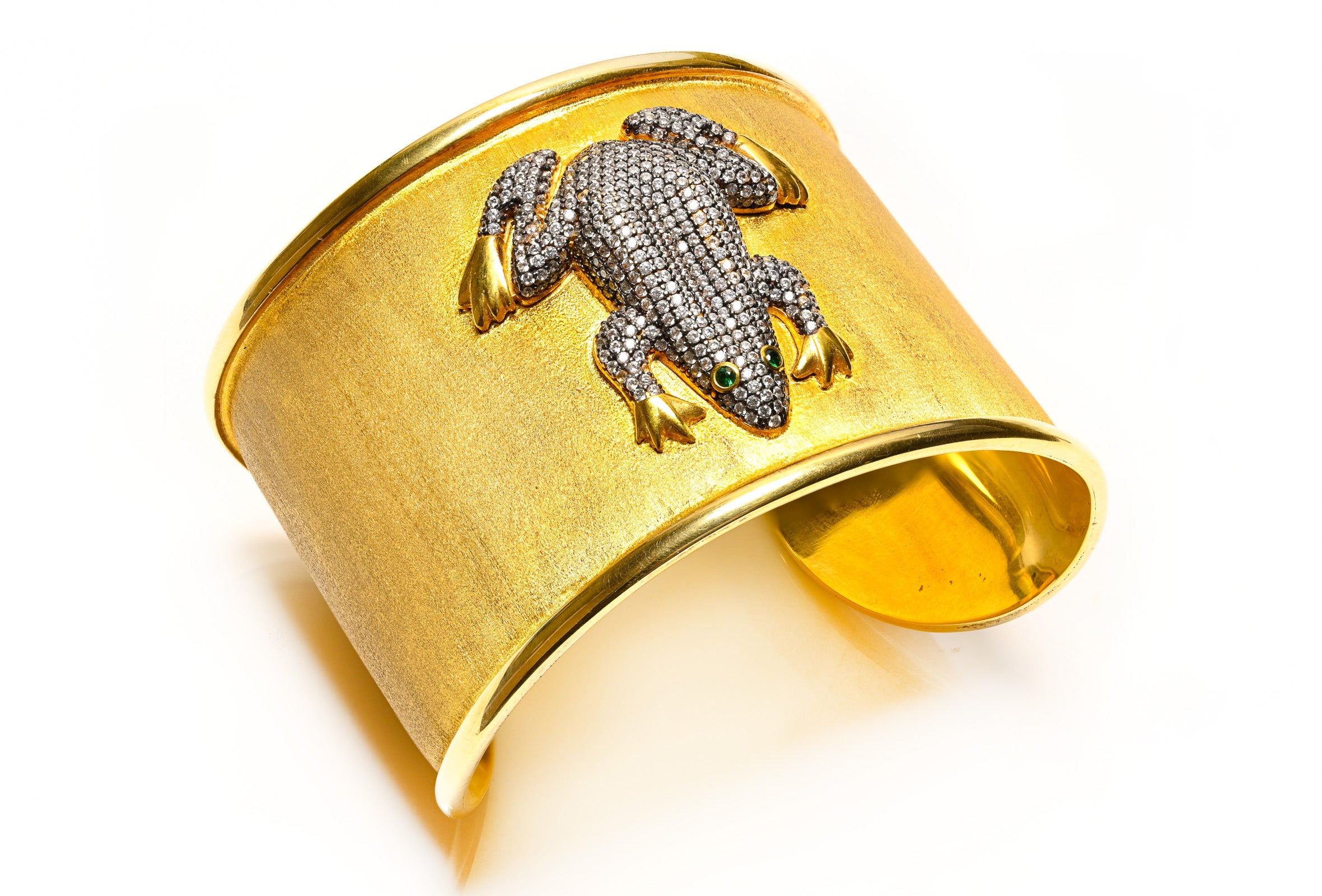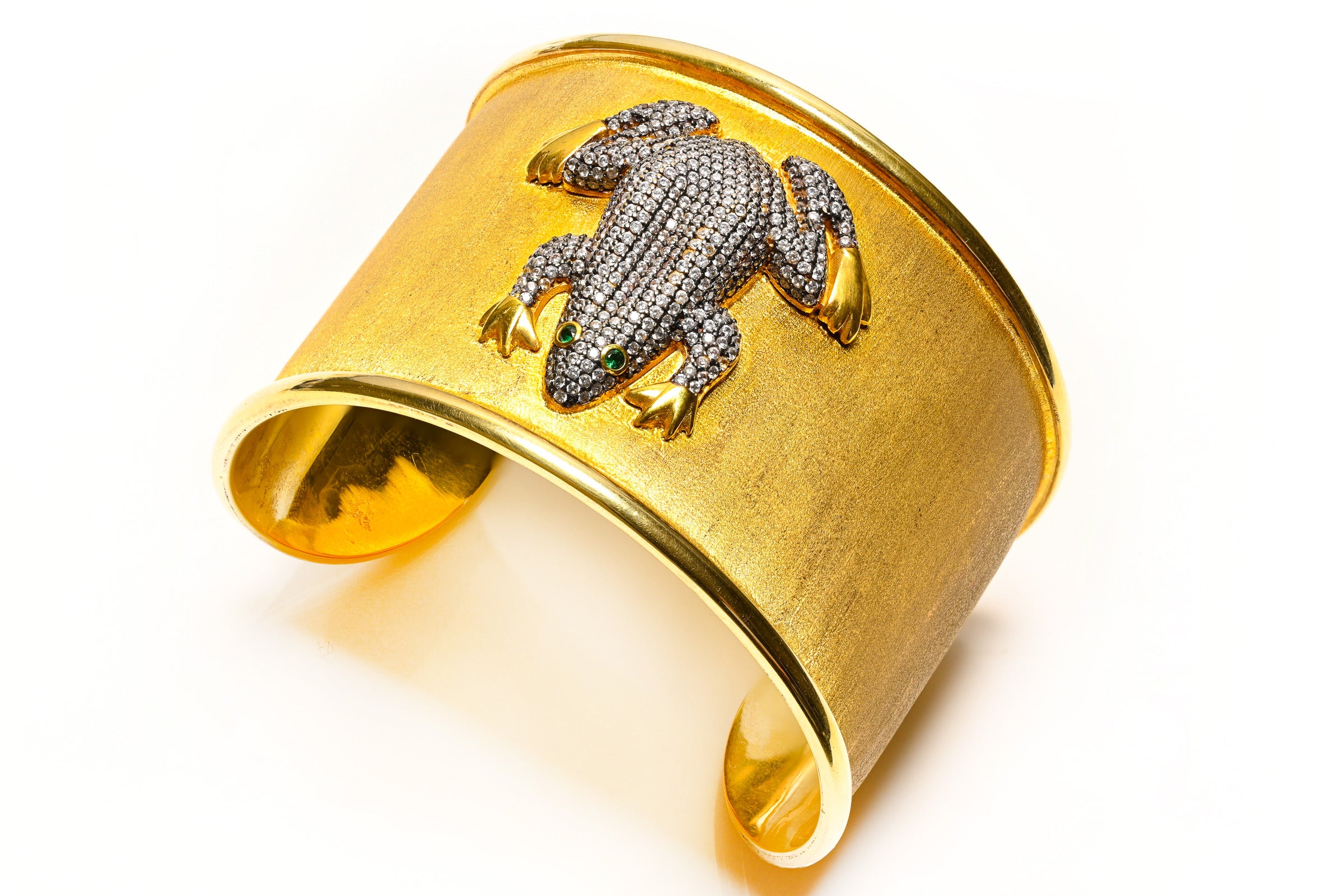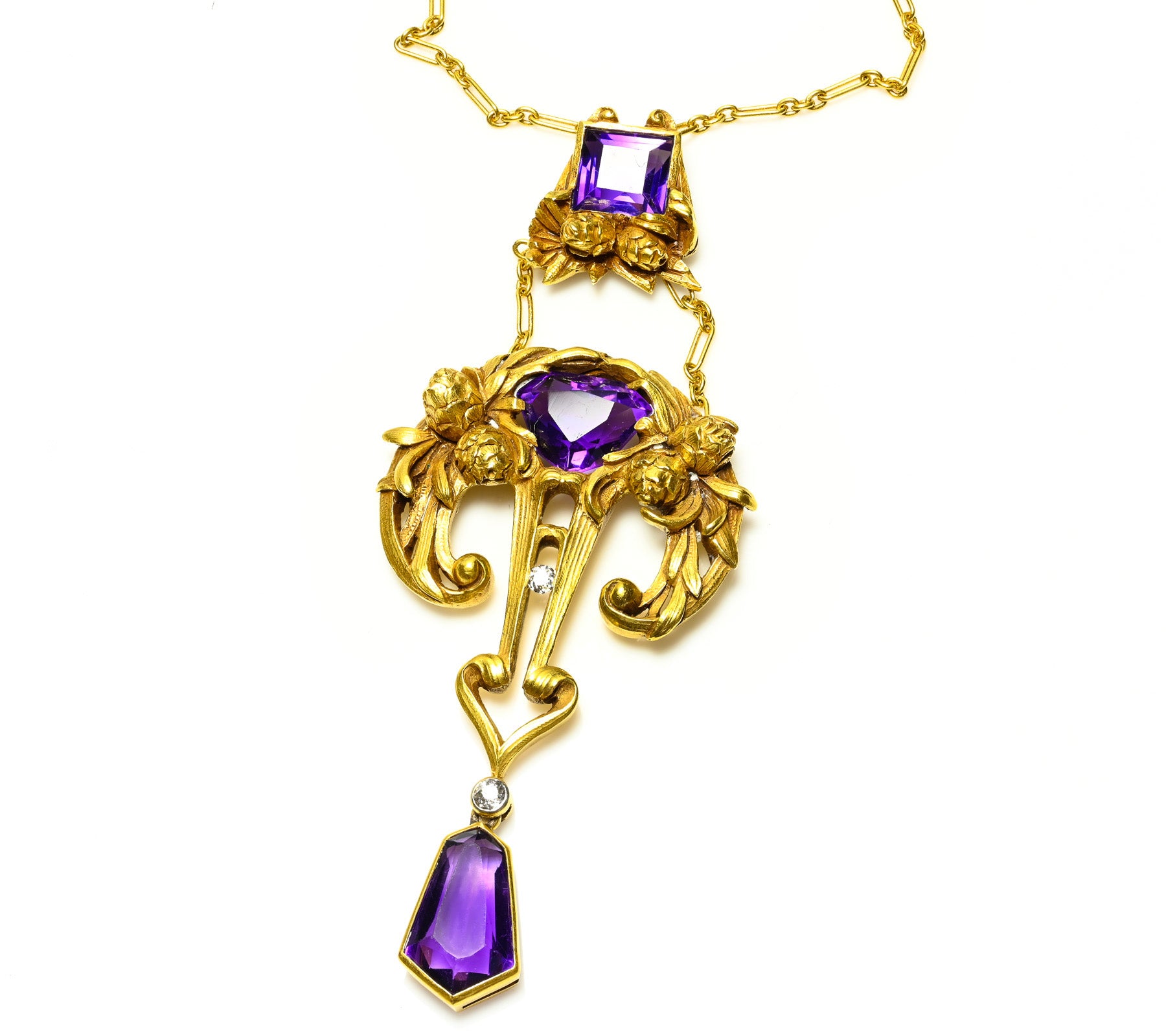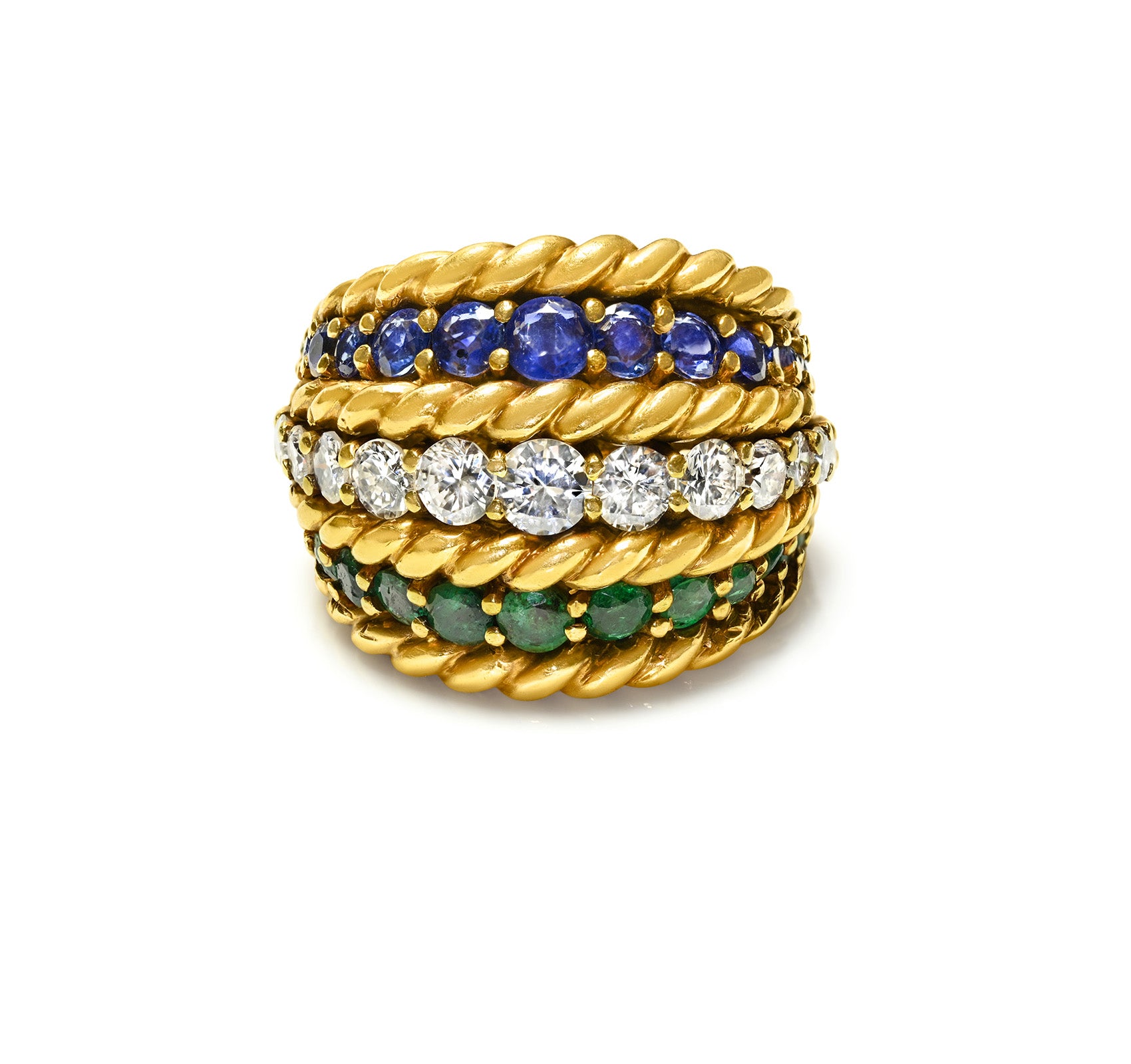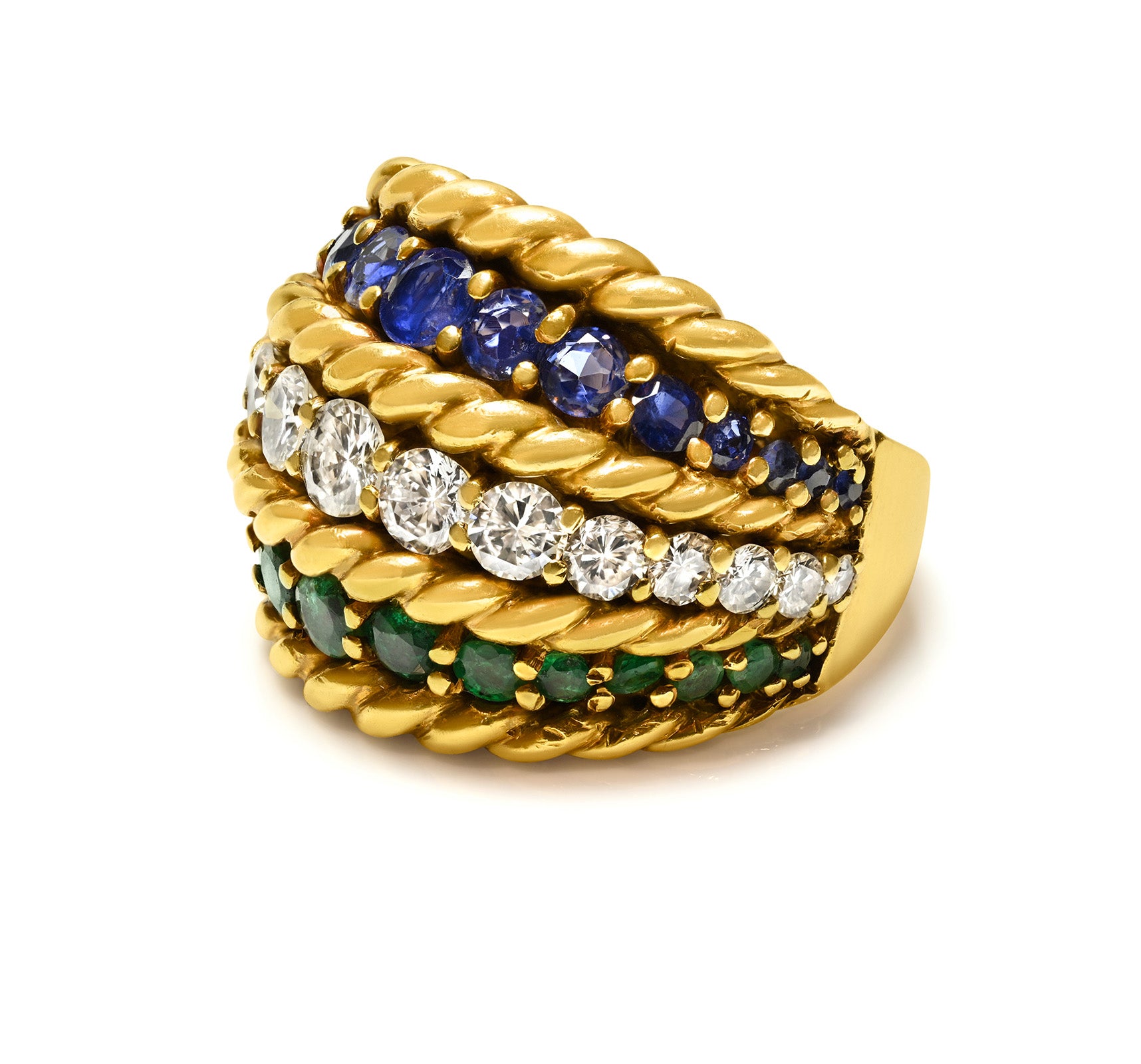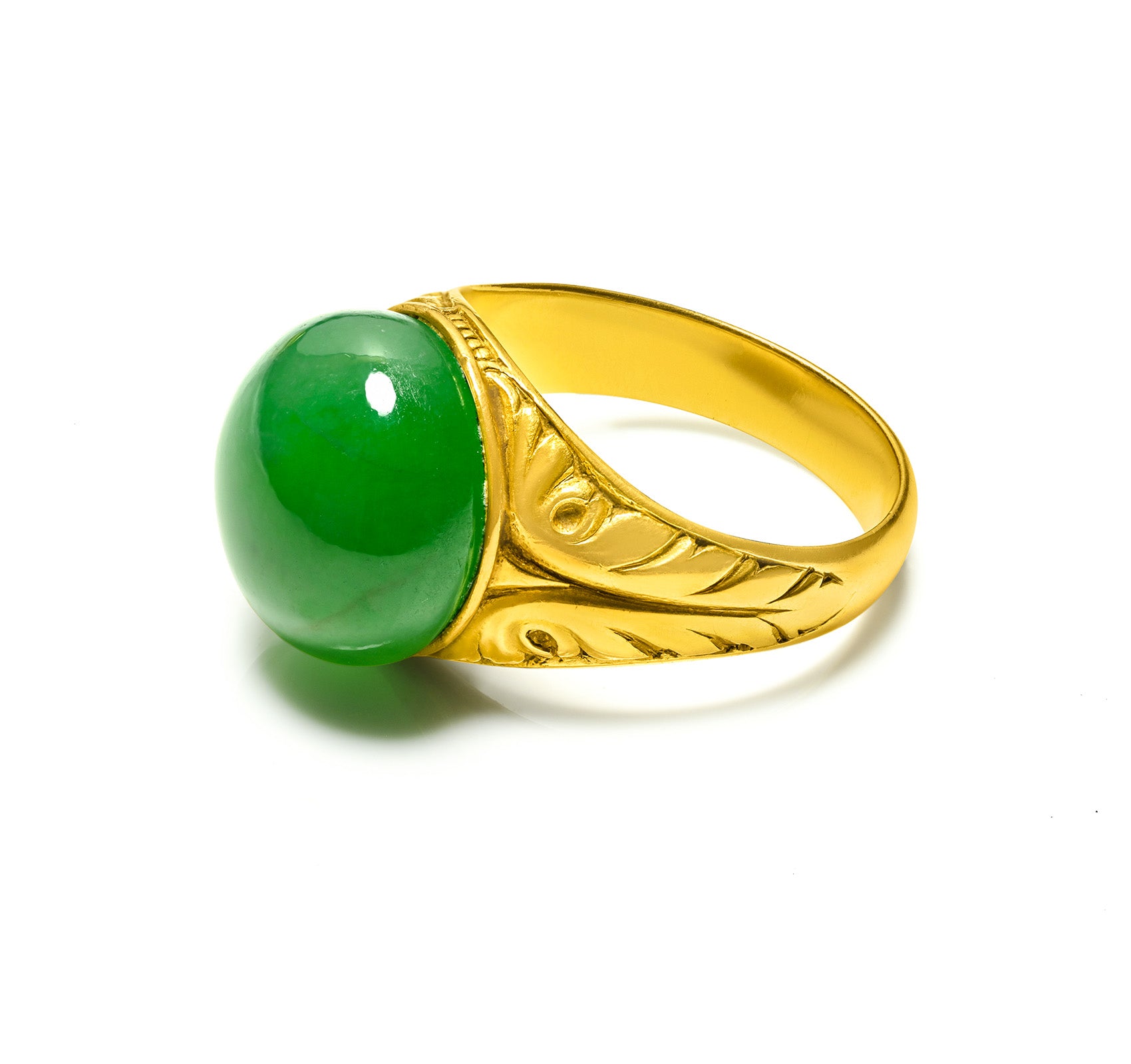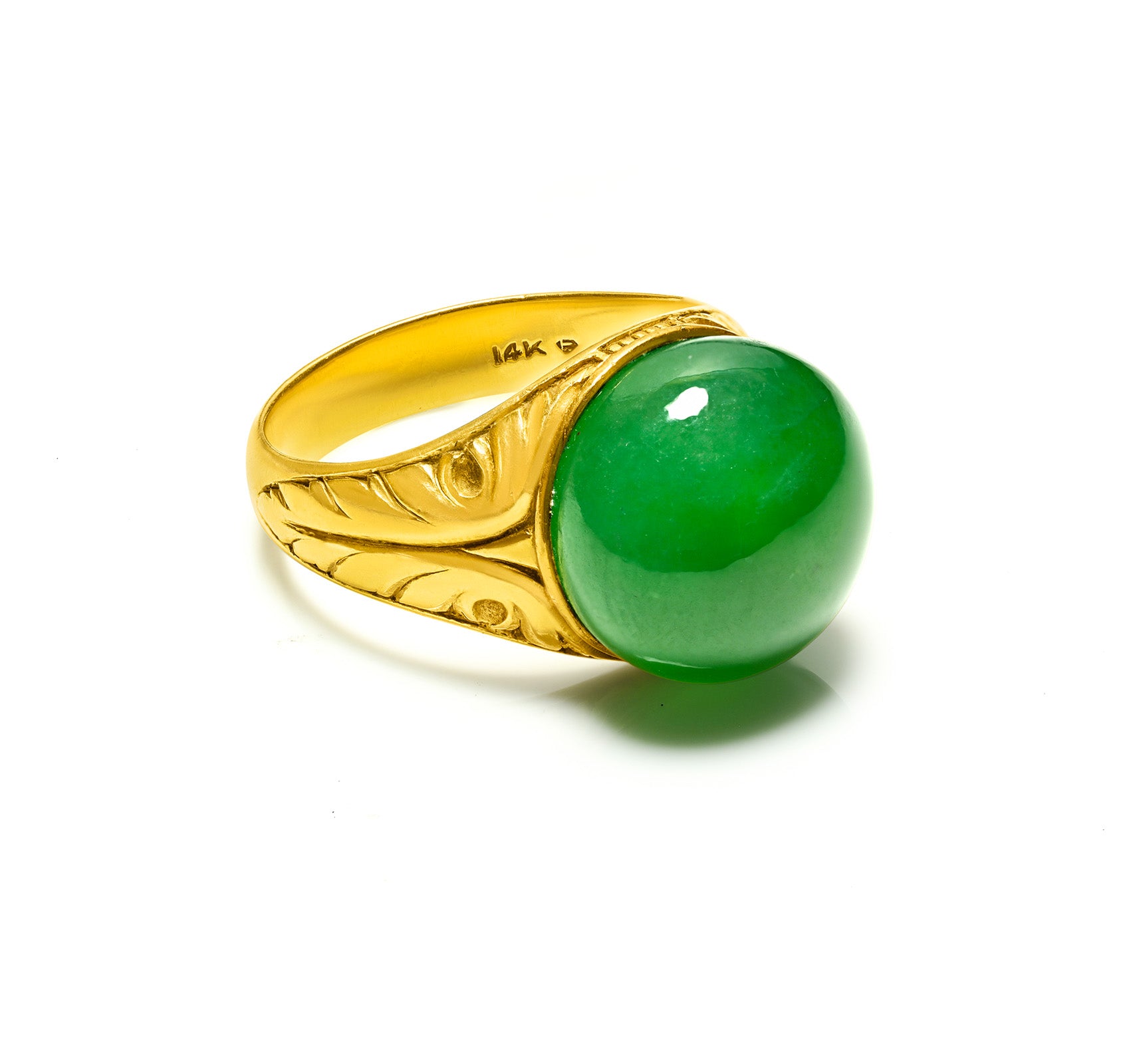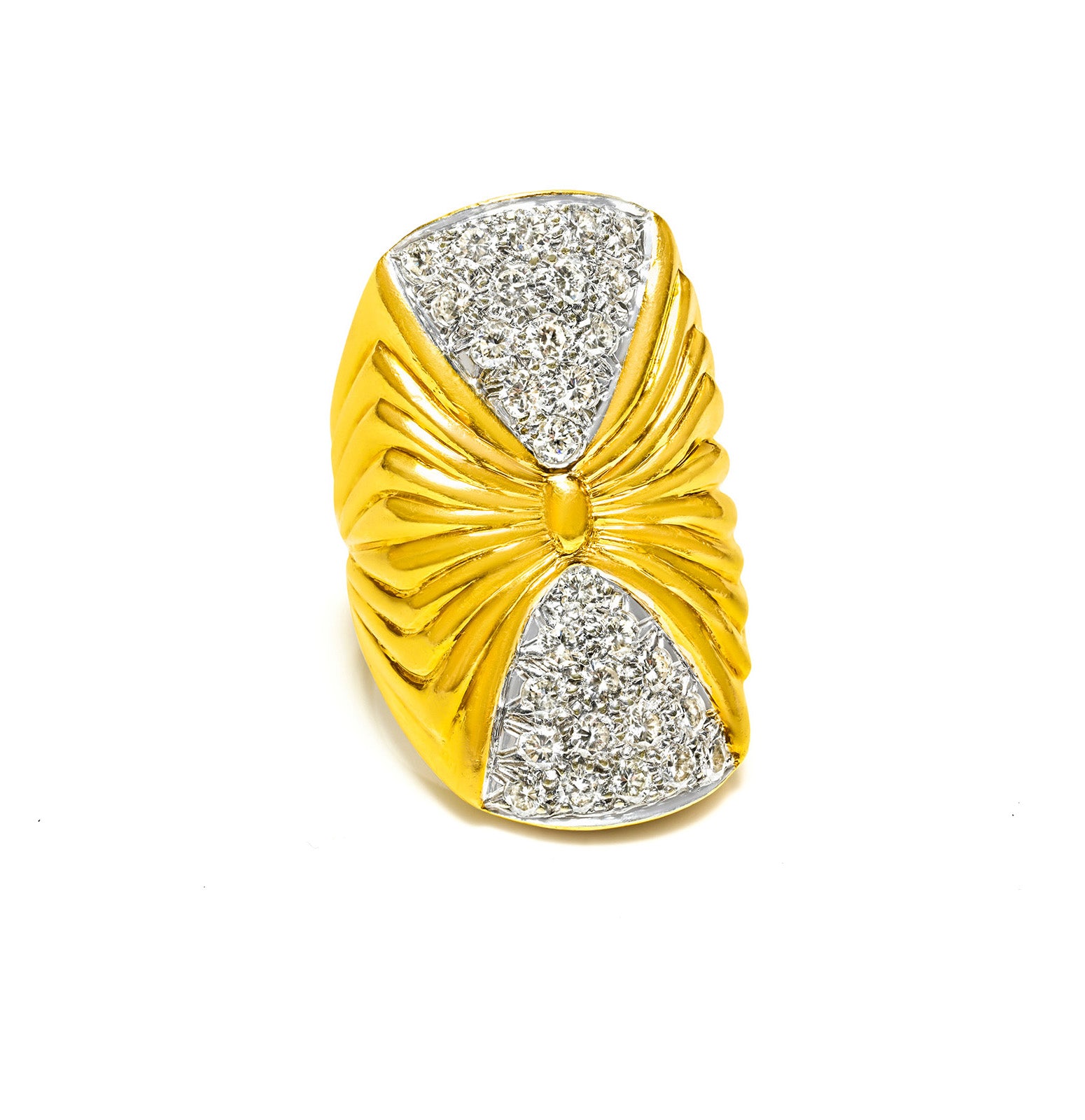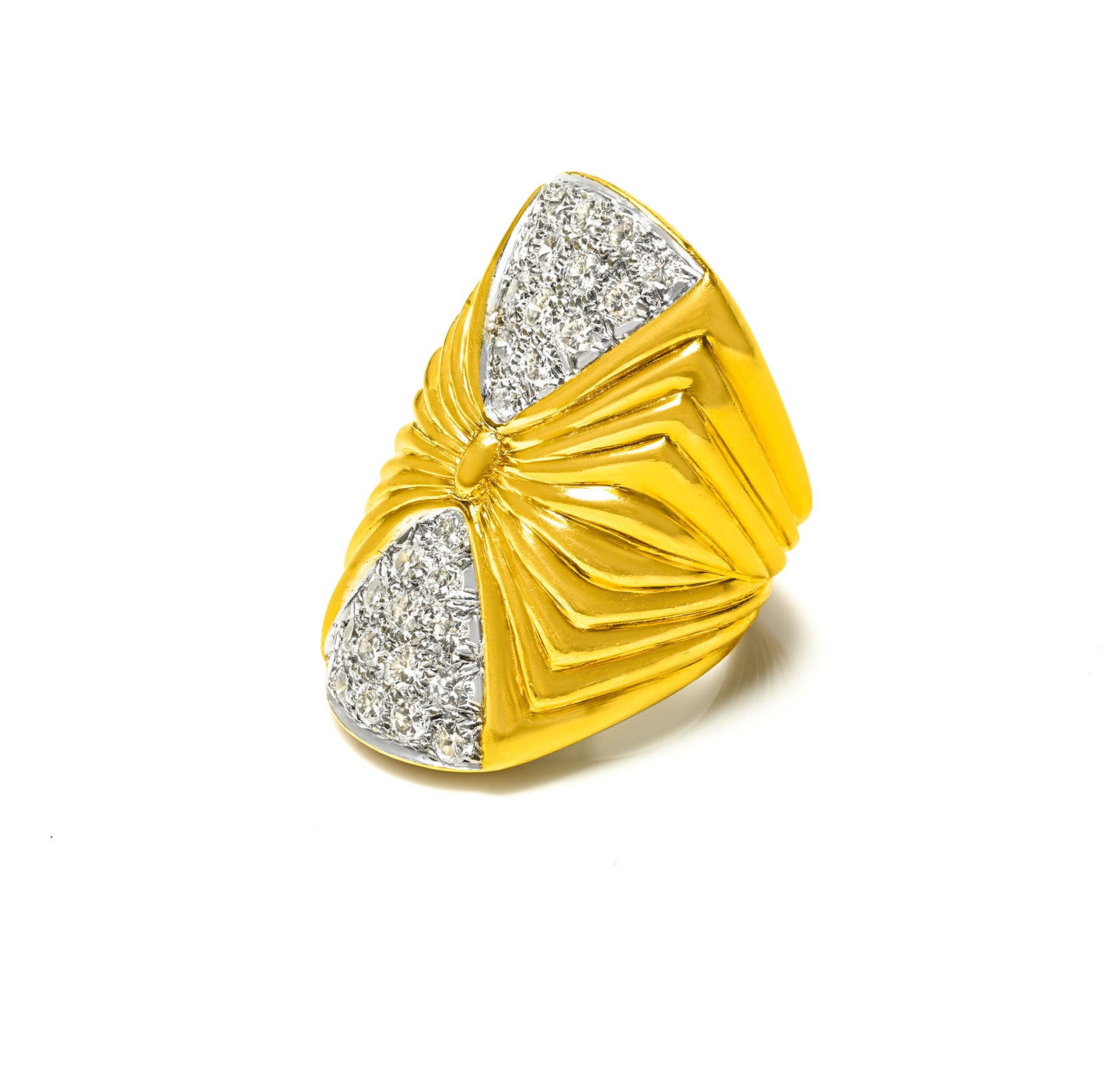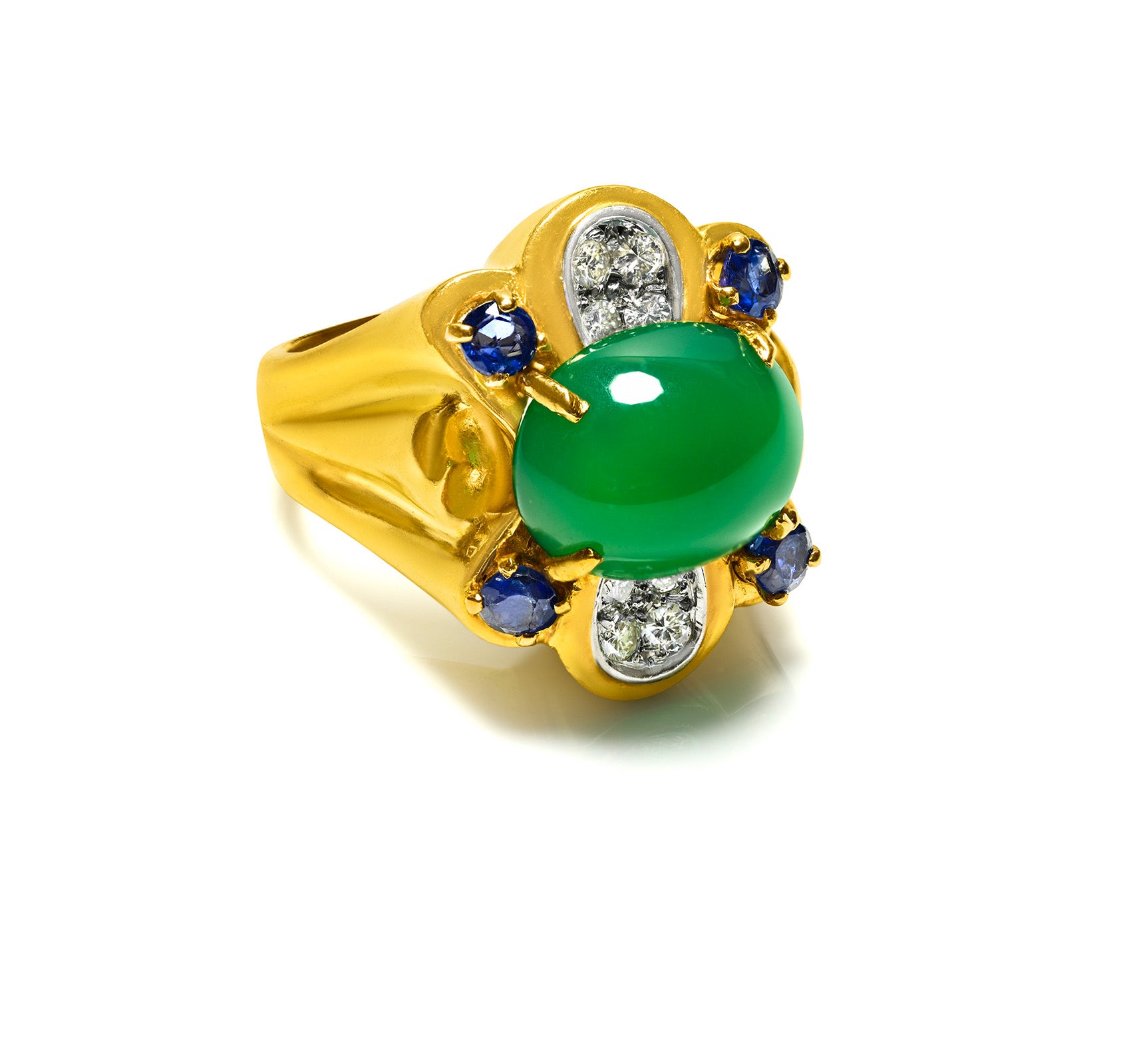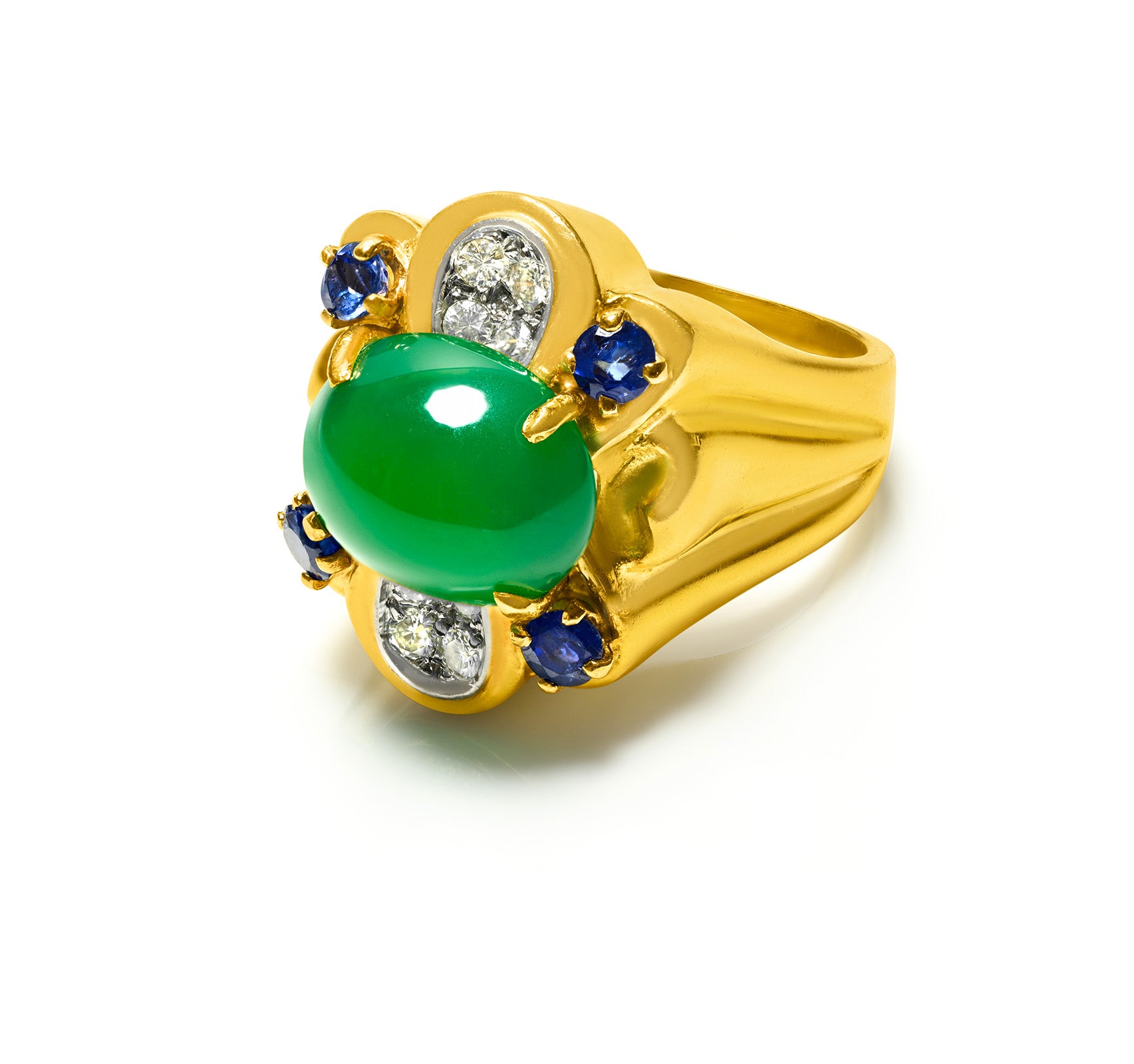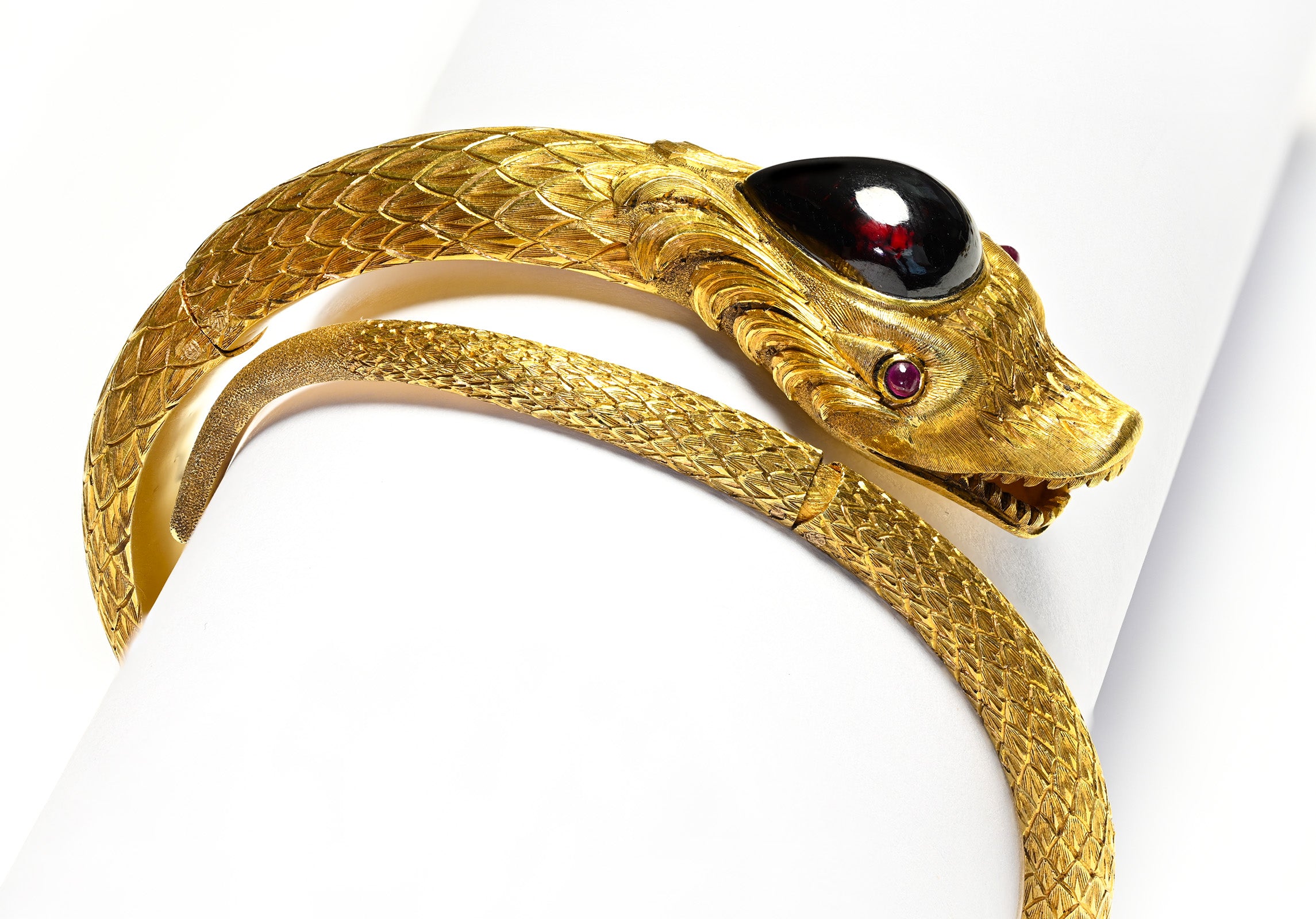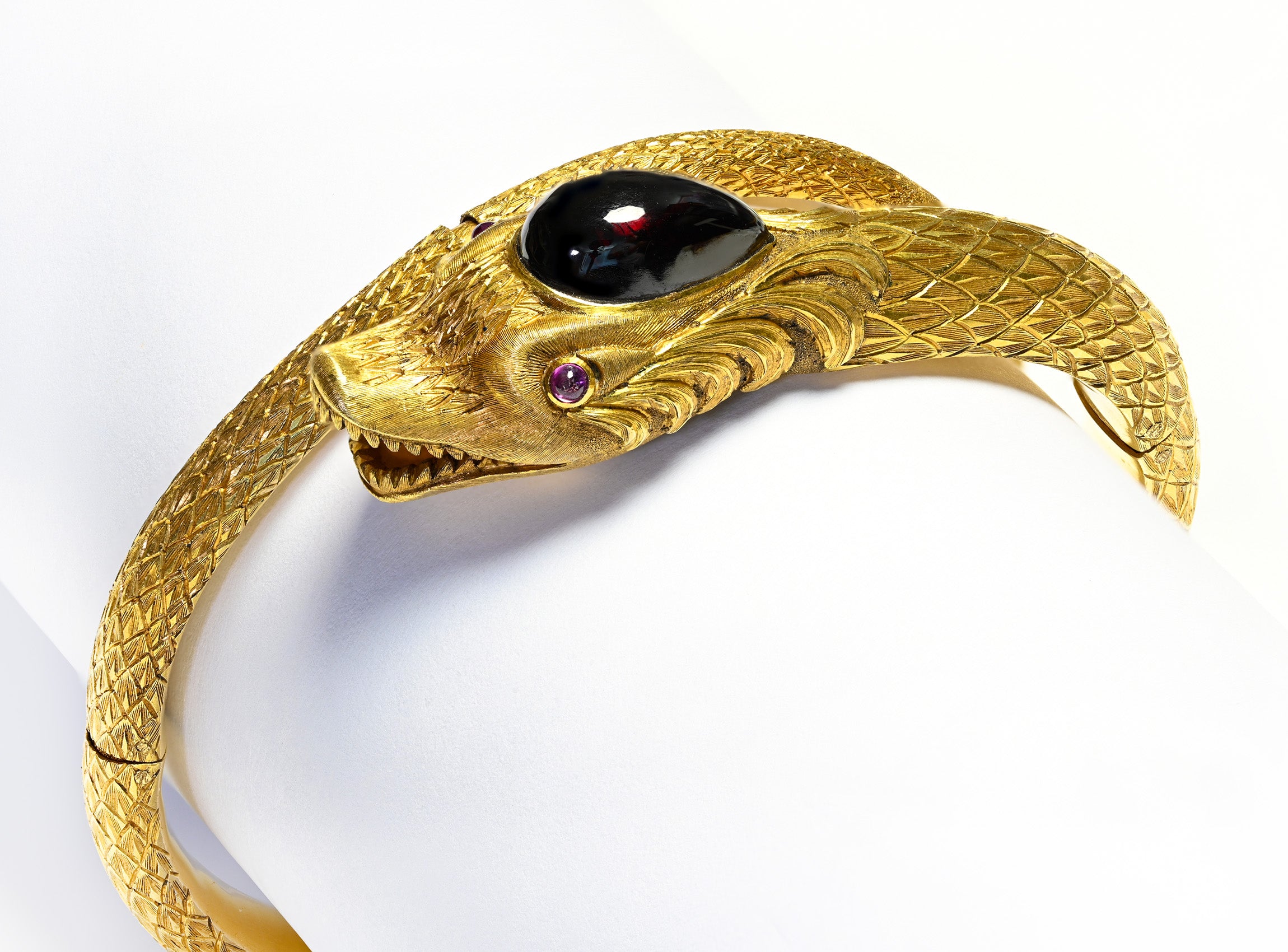
Why Shouldn't You Get A Tattoo: The Top Reasons
Getting a tattoo is a decision that will permanently affect your life, so it's wise to be aware of the top reasons why you should not opt for such a thing.
Tattoos are a very fashionable "accessory" these days, the trend is widespread throughout society. Tattoos have an ancient history - even thousands of years - in some cultures and are taboo in others. In fact, they are nowadays the most popular body painting ever.
If you are among the tattoo wishers you must realize that it is a lifetime decision. You have to be very determined and know exactly what represents you. After all, it is a design that you will always wear on your skin. The choice of place and design should be very well thought out.
You should also know that removing a tattoo with the laser technique hurts more than the tattoo itself. And removing a tattoo completely without leaving any scars often proves impossible. So think very carefully!
There are several top reasons why you should get a tattoo, so let's discuss them frankly one by one so that you can also see the downside of this trend.
Top Reasons You Shouldn't Get A Tattoo
Tattoos May Be Dangerous
To start with, we're going to talk about the dangers of tattoos.
Scientists in the UK warn that toxins in the ink used for tattoos could be absorbed into the body, where they can cause cancer. In a report published by Public Health England, it states that "some inks are marketed without accompanying data and their composition is unknown".
A study by Jorgen Serup, professor of dermatology at Copenhagen University Hospital, found that 13 of the 21 most-used inks in Europe contained carcinogens. As a result, millions of Europeans are tattooed with chemicals of unknown origin.
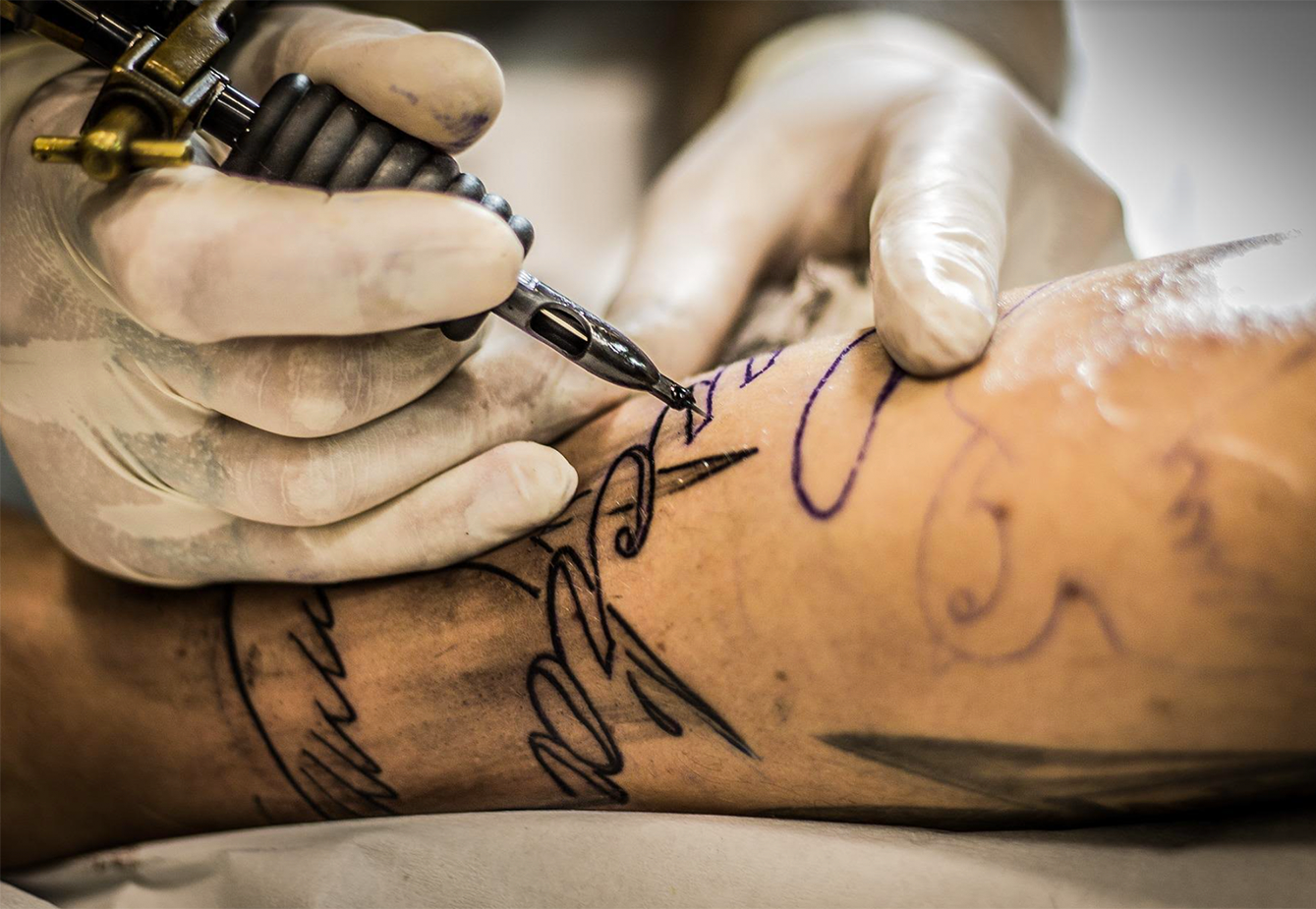
The most common problems associated with tattoos are:
- Local infections.
- Contact dermatitis (moderate skin reaction) or severe allergic reactions (usually to the dye or method). The most common allergic reactions occur due to the use of latex gloves. Allergies to the pigments used are quite rare and occur mainly with certain shades of red and green. Symptoms are usually local: itching, local swelling, reddening of the area or a clear fluid called serum leaking from the tattooed area.
The risk of anaphylactic reactions is present during tattoo removal procedures because the chemical components (which also have toxic potential) of the pigments are degraded and enter the bloodstream.
It is best to ask what ink is used and what substances it includes. Then it would be advisable to have some tests done to see whether or not you are allergic to those substances.
- Unsightly scarring (keloid formation). If you know that other scars have formed such formations, it is best to give up the idea of getting a tattoo.
- Infection of patients with hepatitis B, C, tuberculosis, tetanus, HIV, or skin infections with Staphylococcus aureus. The ease with which these diseases are transmitted is due to the minimally invasive nature of the procedure and direct contact with the patient's blood or other body fluids. These complications occur if instruments are not sterilized after each use. However, if they are properly cleaned and disinfected, the risk of infection is greatly reduced.
What Really Happens When You Get A Tattoo
Tattoos are made by injecting colored pigments into the dermis (the dermis is the layer of connective tissue beneath the epidermis). After the initial injection, the pigment is dispersed in the dermis and epidermis in a process of homogeneous lesioning of the underlying integumentary layers.
The dye is a foreign particle to the body, and, as a result, the immune system cells will be activated to phagocytose it. As the wound heals, the superficial layers of the epidermis will slough off (removing with them the surface pigment) while granulation tissue forms deep down.

This will be invaded by fibroblasts and will be transformed into connective tissue. The pigment remains in the dermis, being fixed there by fibroblasts, and will eventually settle at the boundary between the dermis and epidermis. However, as time passes (in decades, however) the color fades as the pigments migrate deep into the dermis and the tattoo is no longer visible on the skin surface.
Immediately after getting a tattoo, the area may appear red, and oedematous and a crust may form on the surface. It is normal for a few drops of blood to flow from the tattoo for up to 24 hours and for a few days a clear, serious, or slightly bloody fluid may ooze from the wound.
Due to the fact that it affects the continuity of the skin, being a minimally invasive procedure, there are risks associated with tattooing - both infectious and allergic. However, modern salons use sterile instruments and tattooists are very cautious and take measures to avoid these complications.
Some Tattoo Studios Are Problematic
It is advisable to visit the studio before getting a tattoo to see for yourself the staff, portfolio, and hygiene. You should check that absolutely all equipment is sterile. Don't hesitate to ask the person who draws your tattoo about every utensil they use.
The artist should also wear gloves. Make sure everything is okay, and if he is impatient or dodges, better look for another salon.
Tattoos May Condition Your Outfits
As a woman, you may no longer put on a super stylish dress and have a big tattoo showing on your arm or ankle, especially if it's a formal dinner. The same goes for men, the choice of place and tattoo model should be well thought out.
Women's favorite places are the wrists, on the back of the neck, on the shoulder blade, on the foot, on the calf, on the thigh, on the abdomen, on the ribs, generally quite small, symbolic works. Men prefer tattoos as large as possible, covering a large area of the body, predominantly forearms, legs, belly, back, and chest, with most tattoos exceeding one palm.
High-Quality Tattoos Are Not Necessarily Cheap
Considering you'll be wearing it for a lifetime, don't skimp on the money. A properly executed tattoo by a respected artist costs a lot of money. You have to consider that a cheap tattoo will never look like a quality one.
Tattoo Maintenance Immediately After Application
- you should apply oil containing vitamin E as many times a day as possible.
- hot water on the tattoo is prohibited
- exposure to the sun during the first week is not recommended
- it is best to avoid bathing in the pool and hot baths



